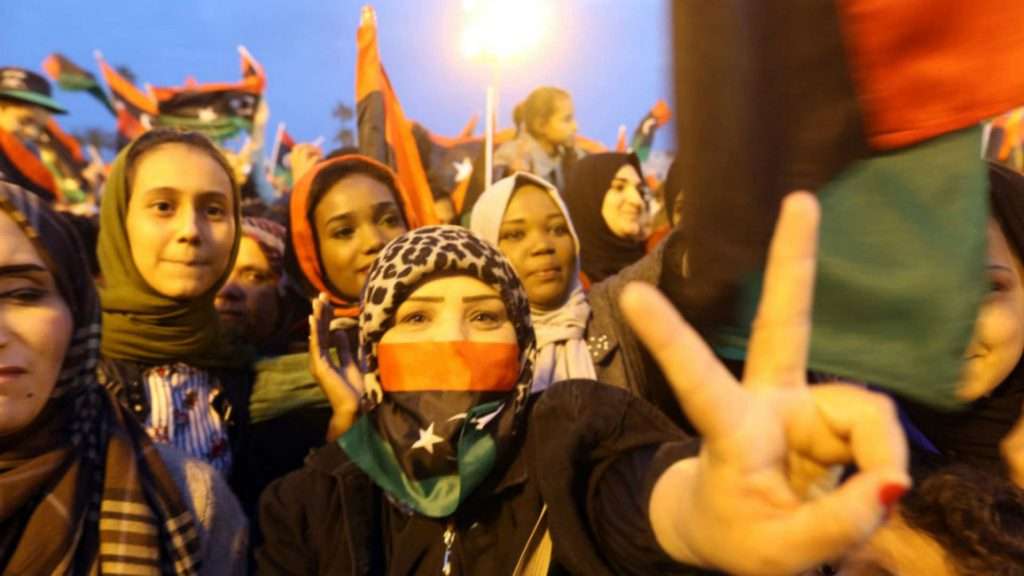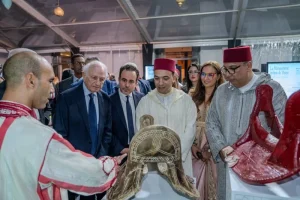Libya: Women’s football decimated by war and patriarchy

Women’s football in Libya has been decimated by years of war, conservative and patriarchal judgement, and lack of resources, according to the first Libyan female coach.
In an interview with The National on April 22nd, Rasha Elghorour discusses her own career in Libyan football but also speaks to the wider structural issues surrounding women’s sport.
Libya has no female football clubs, no national team and no dedicated female facilities after the second significant wave of civil war in 2019 ended any ambitions for women’s football in the country.
Elghorour comments that “in other countries you can see women’s football is growing but Libya is still way behind. I want to do whatever I can help to help this but it is difficult.”
The Libyan Football Federation (LFF) originally supported the establishment of a Libyan national women’s team and selected Elghorour as a senior player.
Yet years later, despite Elghorour’s qualifications in the Fifa’s Master’s programme, the LFF will not permit her to become a board member. Aside from a single board member, there is no other female representation at the federation, making it increasingly difficult for social progress to occur.
“We have women in politics and we have women in business but for some reason women in sport is just not accepted in the same way in Libya,” she notes.
Whilst the collapse of Muammar Gaddafi’s regime seemed the perfect opportunity for female advancement, the dream of playing an international game has been thwarted at every turn.
Depicted in the Libyan-British documentary Freedom Fields, the plight of Libyan female footballers is brought to light.
The documentary shows how the LFF deliberately obstruct women’s sports; how timing and conservative feelings damage women’s accessibility to football pitches; how legislation has prevented women from gaining travel visas or travelling without a male guardian; how international sanctions and border closures have prevented travelling; and, how war has damaged freedom and security.
“Women in Libya have so many obstacles, but there are other, more general issues that everyone faces, such as being unable to get a visa just because you’re Libyan, not having freedom of movement because of war and security, or not having cash, water or electricity.” Naziha Arebi, the documentary’s director, says.
However, the LFF have suffered from a damaged reputation in recent years with allegations of corruption alongside the recent sanctioning by the Confederation of African Football (CAF).
Maghrebi reported in October 2024 that the LFF were fined $50,000 and given a 3-0 loss against Nigeria when the match was cancelled after the Nigerian team were landed in an airport hundreds of miles from where they were set to play. After arriving on October 13th, the Nigerian team were not met by any members of the LFF and players reported being left without food, WiFi or accommodation.
Despite this, African football seems to be on the come up, with Arsene Wenger recently introducing a talent development programme in Cairo, Egypt. The initiative is intended to improve the quality of football coaching, as well as develop young talent and football infrastructure in Egypt.
However, many initiatives primarily target boy’s football and, in a country beset by patriarchal values, Libyan women are being left behind.
The National, Middle East Eye, Maghrebi
Want to chase the pulse of North Africa?
Subscribe to receive our FREE weekly PDF magazine














